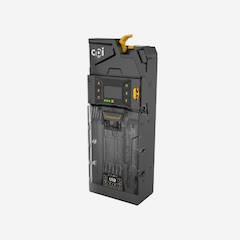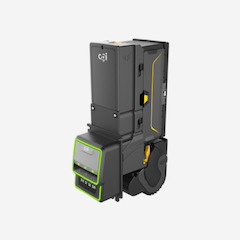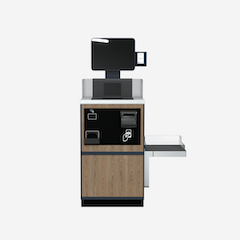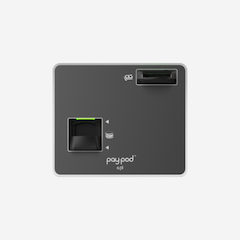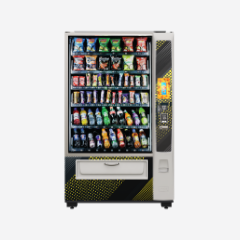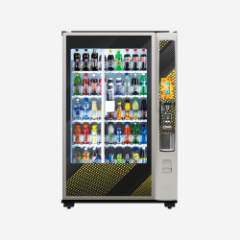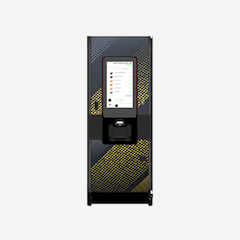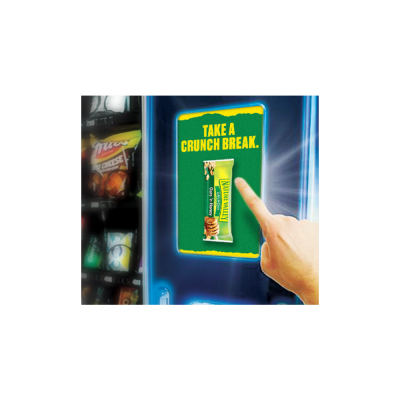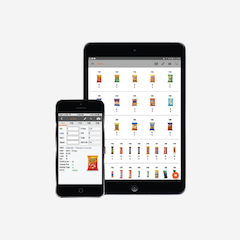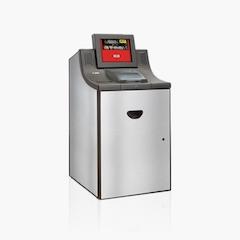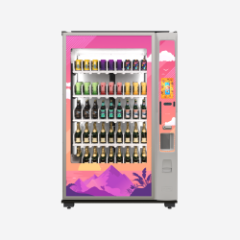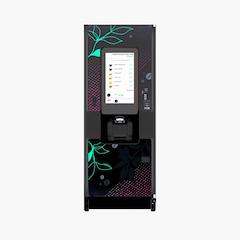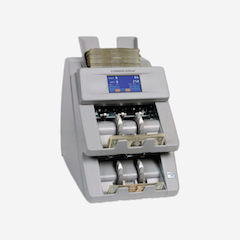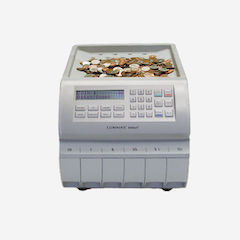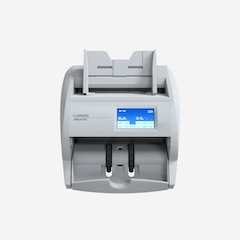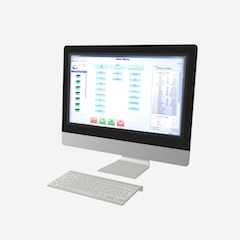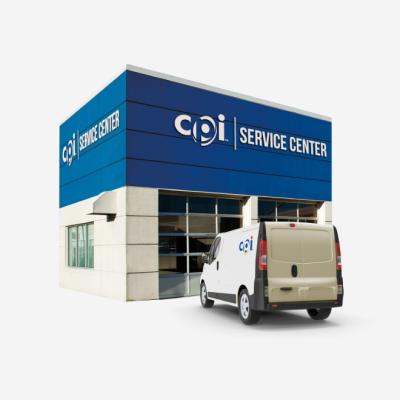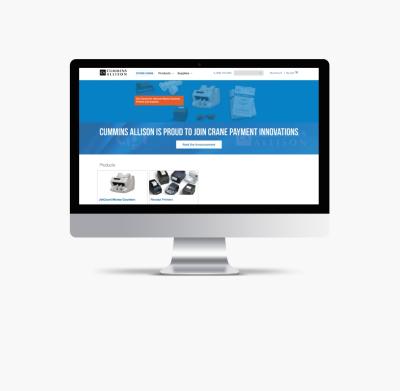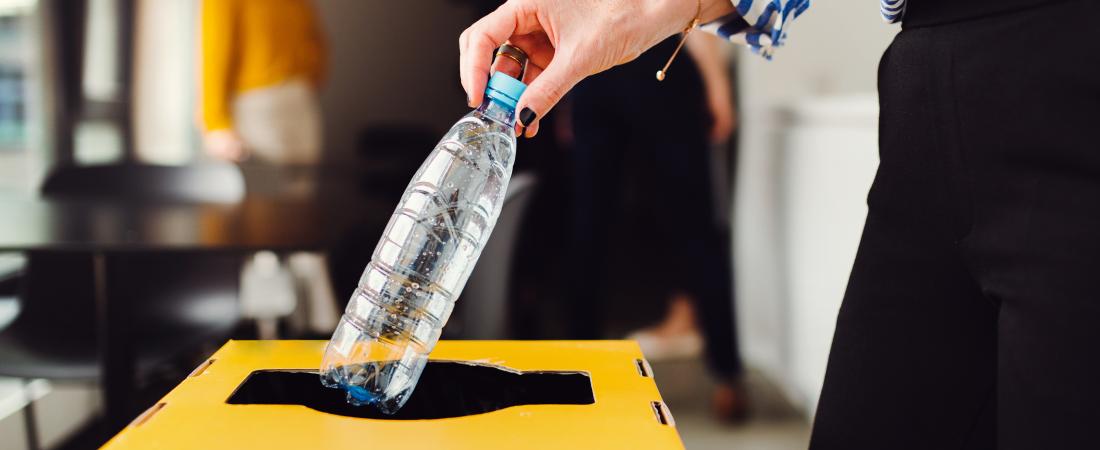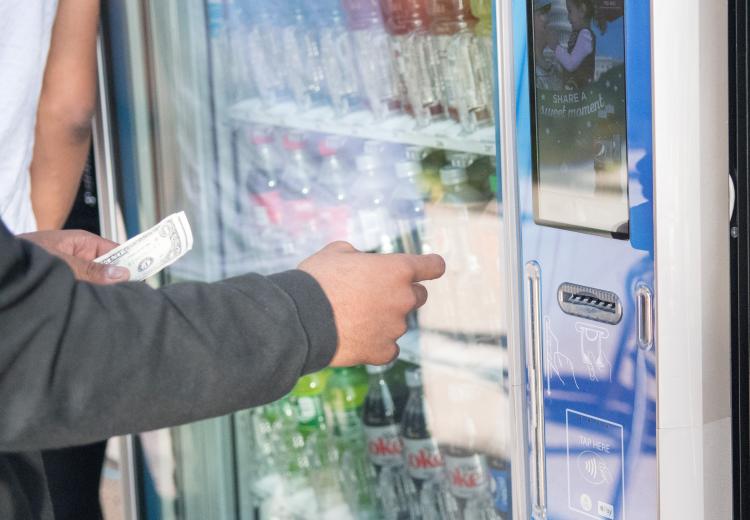Sustainability: The Hot Topic
There’s one topic that has transcended every country, industry, and consumer group: sustainability. As a new generation of buyers emerge, one with increasingly potent buying power, businesses are faced with a decision: get on board with sustainability, or get left behind. What do retailers need to know about this consumer shift toward sustainable purchasing? We break it down for you. Read on to understand the trends that are molding a new generation of business investments.
Next Vend, Next Gen
Meet the Newest Group of Vending Consumers
As retailers start investing in new technology, it’s important to understand the consumers they’re serving. With Gen Z wielding nearly $143 billion in buying power, they make up over forty percent of global consumers. What’s more? It’s estimated that ninety-three percent of parents say their Gen Z children’s opinions influence their household spending decisions. Capturing the attention and trust of Gen Z is a no brainer when it comes to running a successful, future-proof business. There’s more: Gen Z-ers are earning income sooner than their predecessors in the Millennial age group. Most enter college with a job, and nearly half (46%) of them having already joined the gig economy. They have money to spend.
With this in mind, we know where Gen Z goes, money flows. So how can we win their business? Sustainability is a natural place to start. Gen Z buyers care about what brands care about, with over 54% saying they’re willing to pay an incremental 10% more on goods and services coming from businesses that directly work sustainability and environmentally friendly practices into developing and delivering their products.
Go Green with CPI
See what else we're doing to help operators be more sustainable
Retail Sustainability
More than Generational
While Gen Z makes up a major part of the global buying power, the impact of socially responsible businesses isn’t lost on millennials or even boomers, with even bigger portions of this generation following through on opinions with actual spending. Forrester Analytics’ latest Consumer Technographics® data showed that 51% of boomers are more likely to say they’re environmentally friendly, and 59% are actually willing to look for and direct their spending with brands that boast energy-efficient labels.
And the investments don’t stop there. A 2019 CSB study found that nearly 50% of sales growth between 2013 and 2018 came from sustainably-marketed products. IBM’s 2020 consumer research study showed that 57% of consumers (across every age group) were willing to change their purchasing habits to help reduce negative environmental impact. More than 7 in 10 of those same consumers would pay a premium to make purchases from brands that support recycling and sustainability.
Vend Something Big
Cashing in on a Mega Trend
Sustainability counts when it comes to consumers, but it can also have a big impact on business costs. 75% of corporate sustainability professionals say that businesses need to get better at including sustainability into business strategies. Many view sustainability as a megatrend. Morningstar defines megatrends as movements “likely to have broad, deep, and long-lasting impacts on our lives and institutions, and those of future generations.” With businesses like Amazon, HP and Unliver boasting decades-long plans to restructure their business models to support sustainability, it’s clear that this isn’t just a fly-by trend, but one we can expect to see permeating businesses for decades to come.
But, there’s evidence to suggest that getting in on the trend can actually benefit a business’s bottom line. Though shifting towards more sustainable business practices costs more up front, companies have realized that “greening” their businesses reduces the cost of business over time, with many companies prioritizing sustainability efforts in order to improve operational efficiency. And there’s more: Many companies can benefit from tax credits, rebates and savings by going green.
The Takeaway
Sustainability is Here for the Long Haul
With consumers driving the demand for more sustainable, environmentally friendly purchase options, it’s clear that sustainability is a trend that’s here to stay, and retailers must make the investment in technology and products that meet the call to action. As retailers seek to be more competitive, the importance of sustainable investment—from technology to operations to product—and communicating that investment to consumers, couldn’t be more important.
Taking these steps is surprisingly simple. Ask us how you can invest in responsible, sustainable technology to start driving your business toward a greener, more profitable future.

